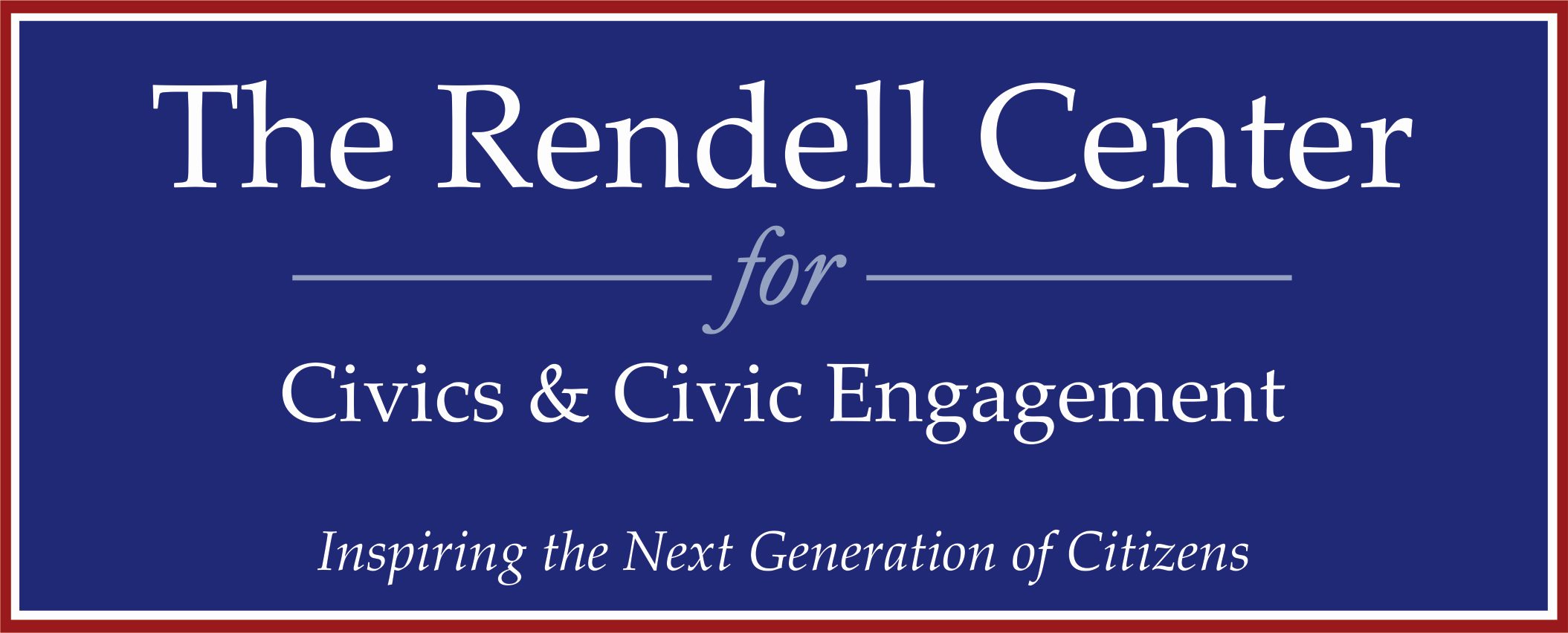Join us for this exciting, free webinar series designed especially for teachers! In these sessions, we will explore how succeeding generations of Supreme Court justices, have reshaped the meaning of the Bill of Rights.

Made possible through a generous grant from the F.M. Kirby Foundation.
Each 90-minute session will include:
- Dynamic content sessions with renowned constitutional and legal scholars.
- Critical skill development and tools to apply teachings immediately in your classes.
- Valuable reference materials and tools, including a list of books, casebook, and suggested lesson plans and activities to enhance your teaching.
If you have any questions, please email us with the button in the footer.
Webinar ONE – Thursday, February 16 @ 7:30pm
Teaching about the Bill of Rights: Exploring its Historical Origins and Evolution Using the Gun Rights Cases
Bruce Allen Murphy
Fred Morgan Kirby Professor of Civil Rights
Lafayette College
Topics to be covered include:
- Historical overview and review of the Constitutional Founders’ Bill of Rights;
- Full discussion of how the Fourteenth Amendment and its interpretation by generations of justices have changed the meaning of the Bill of Rights; and
- An analysis of how this history and tradition argument on the Supreme Court has led to the debates over gun rights in America.
Cases To Be Discussed
Palko v Connecticut
Snyder v Massachusetts
Duncan v Louisiana
District of Columbia v Heller
McDonald v City of Chicago
New York Rifle and Pistol Assn. v Bruen
Webinar TWO – Thursday, March 9 @ 7:30pm
Justice Samuel Alito, The Roberts Court, and the First Amendment
Keith Whittington
William Nelson Cromwell Professor of Politics
Princeton University
Topics to be covered include:
- An analysis of the origins of, and continuing debates over, the historical Originalism versus “living, evolving, Constitutionalism” theories for interpreting the Constitution and Justice Alito’s place in this discussion;
- A full discussion of how the current Supreme Court has divided over the question of whether, and how, to use historical analysis to interpret the Freedom of Speech right; and
- An analysis, using current Freedom of Speech decisions, of how the meaning of the Freedom of Speech right might change further as those precedents are applied to 21st-century communication technologies.
Cases To Be Discussed
Tinker v Des Moines School District
Morse v Frederick
Mahonay School District v B.L.
Snyder v Phelps
Brown v Entertainment Merchants Association
Webinar THREE – Thursday, March 30 @ 7:30pm
Moving Beyond Coach Kennedy and the Carson Family: Freedom of Religion from the Waite Court to the Roberts Court
F. Lee Graham
Professor Emeritus of Political Science
St Joseph’s University
Topics to be covered include:
- An historical overview of the Constitutional Framers’ understanding of the meaning of the Freedom of Religion clauses;
- A detailed review of how both the Free Exercise of Religion and Establishment of Religion clauses have changed in meaning as a direct result of the changes in the membership of the U.S. Supreme Court; and
- Using recent religion-based decisions for discussion, we’ll examine how the new members of the Court have, and will further, affect the meaning of the Religion clauses in a manner that might predict how the Bill of Rights might be similarly changed
Cases To Be Discussed
Everson v New Jersey
Sherbert v Verner
Employment Division v Smith
Kennedy v Bremerton School District
Carson v Makin
Masterpiece Cakeshop, Ltd. v Colorado Civil Rights Commission
Webinar FOUR – Thursday, April 20 @ 7:30pm
At Roe’s End: The Devolution of the Right to Reproductive and Personal Autonomy
Helena Silverstein
Thomas Roy and Lura Forest Jones Professor of Government and Law
Lafayette College
Topics to be covered include:
- A full discussion of how the use of the Fourteenth Amendment’s substantive due process theory has changed the meaning and use of the Bill of Rights to protect privacy;
- An analysis of how the Levels of Scrutiny decision-making technique has affected the evolution of the meaning of the Bill of Rights over the last several decades; and
- Using the recent Dobbs v. Whole Womens’ Health Mississippi abortion law decision, we will see how the changes in the membership of the Court might well affect other personal autonomy privacy decisions using the Bill of Rights
Cases To Be Discussed
Griswold v Connecticut
Roe v Wade
Webster v Reproductive Health Services
Casey v Planned Parenthood of Pennsylvania
Dobbs v Jackson Women’s Health Organization
Obergefell v Hodges

